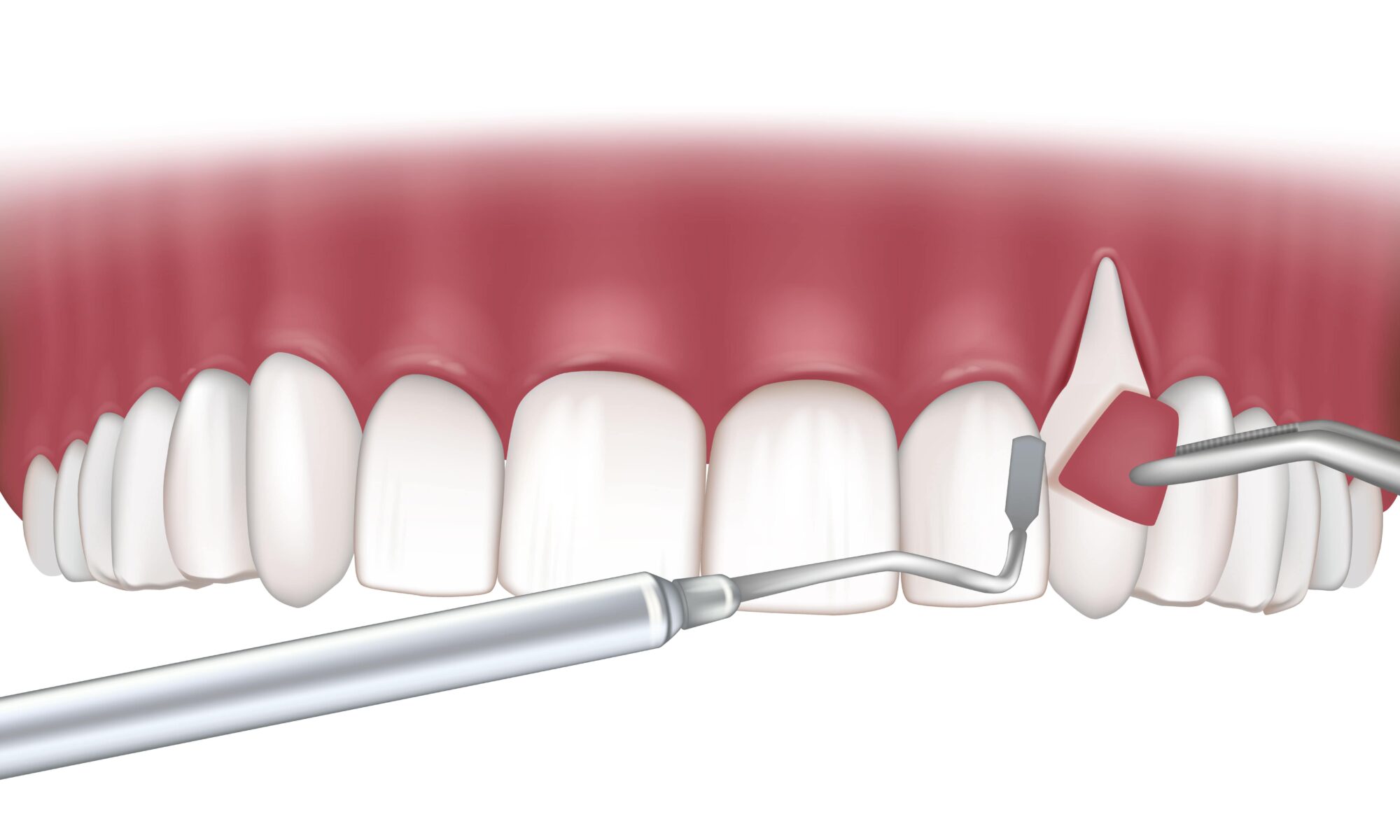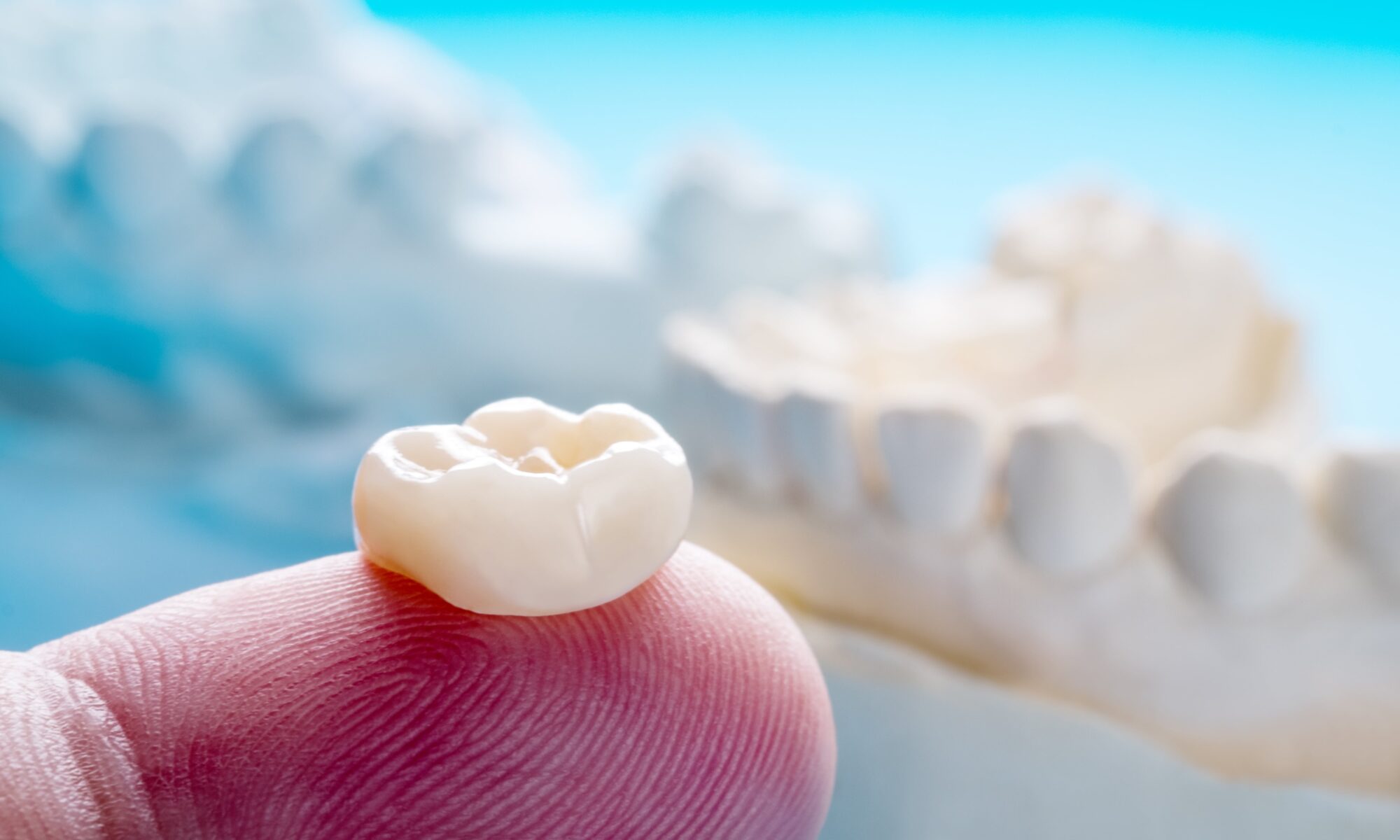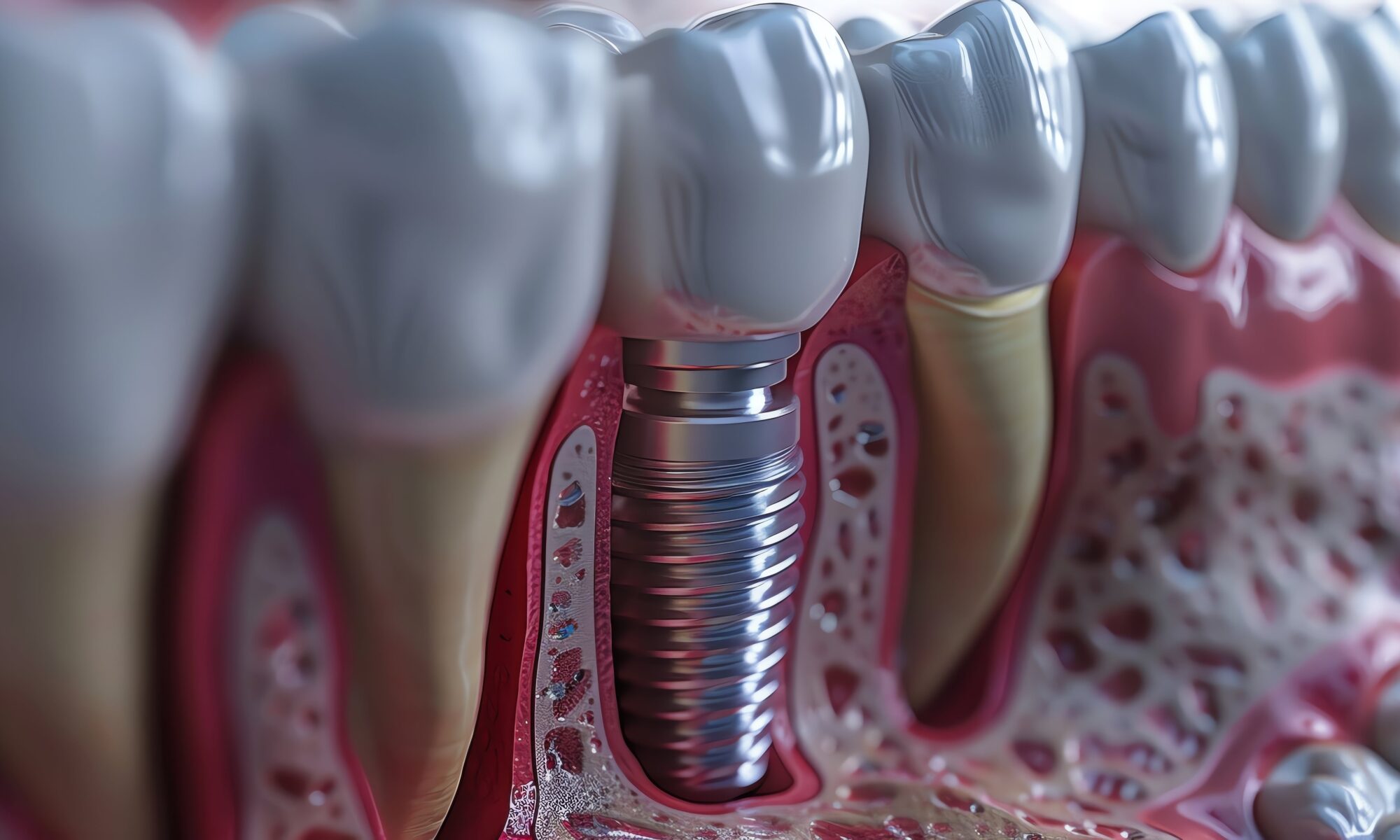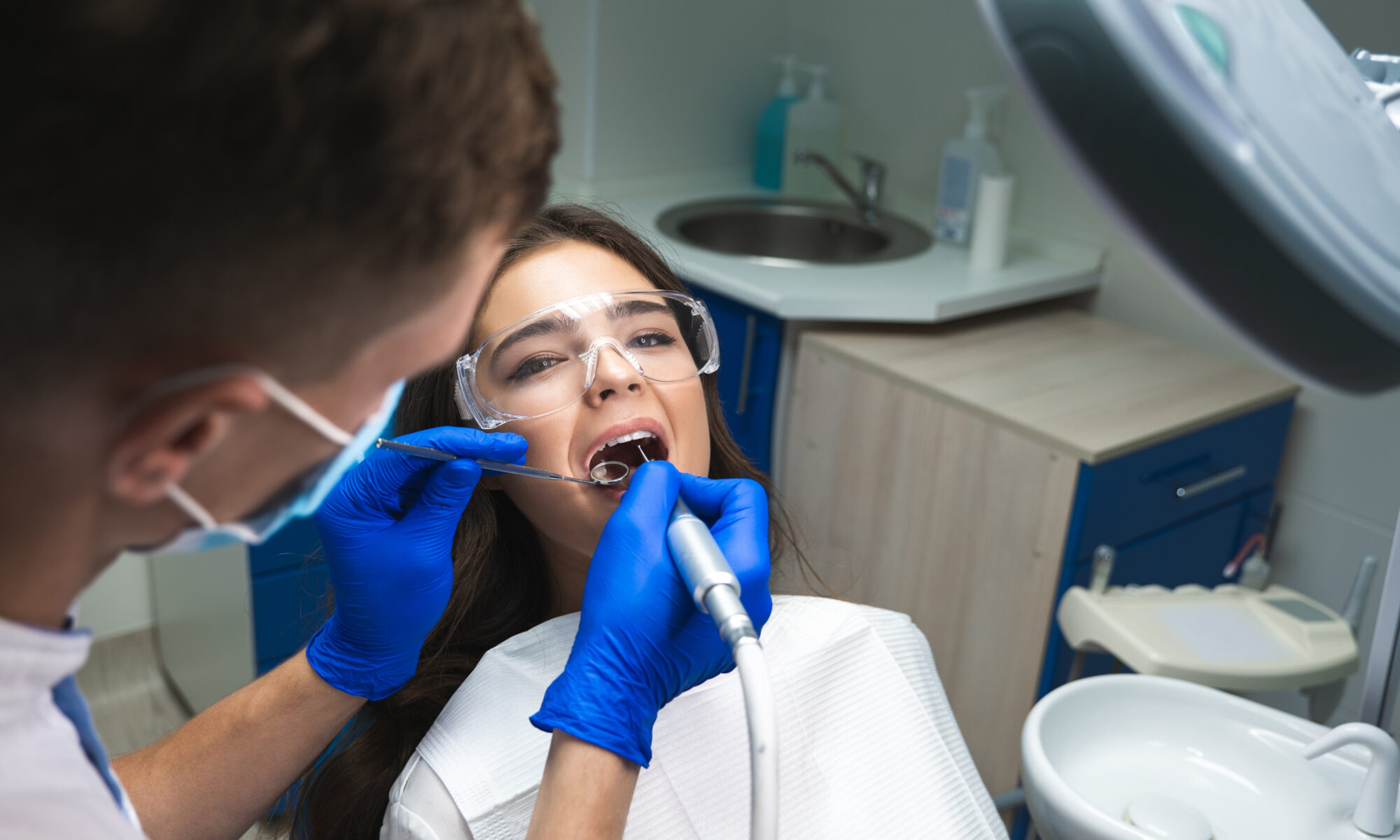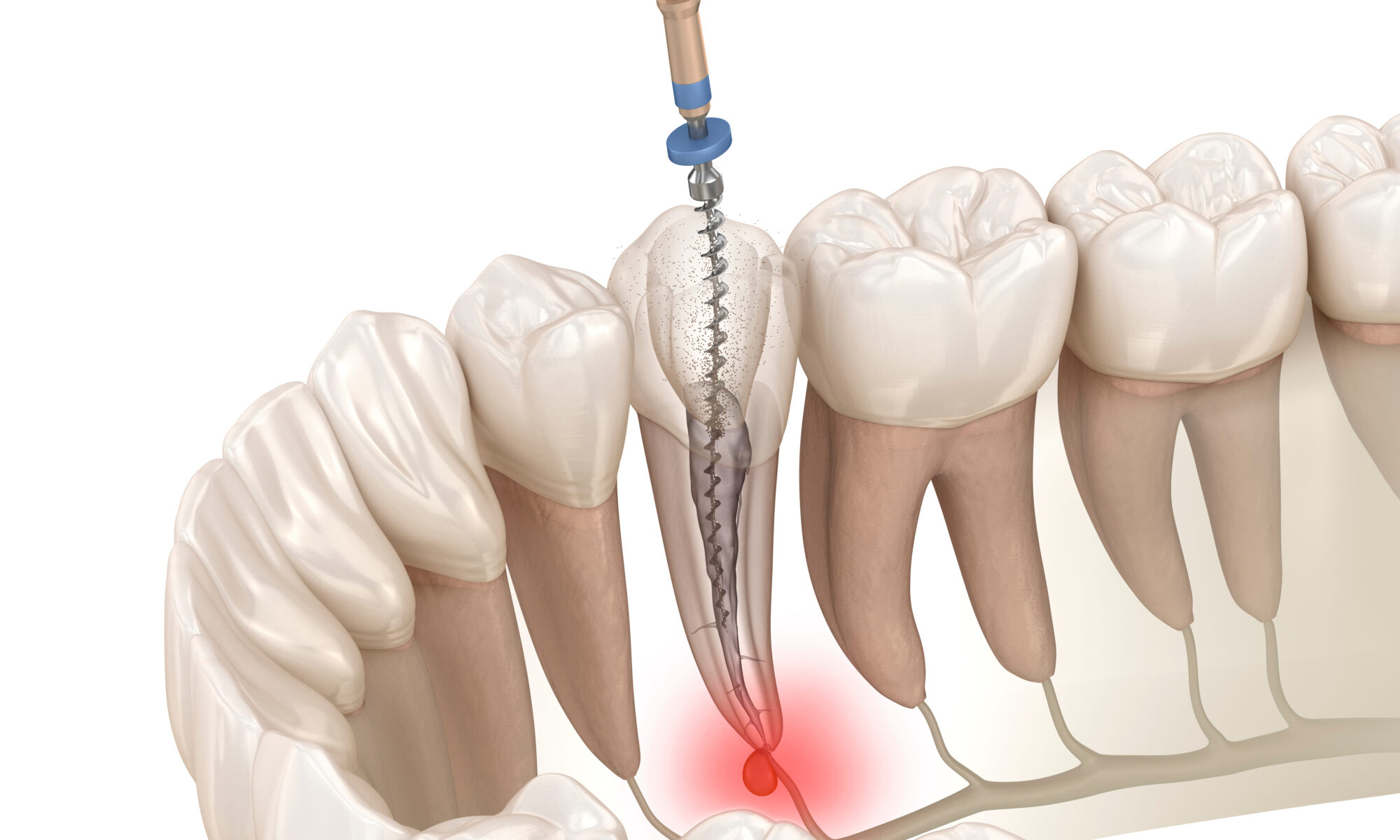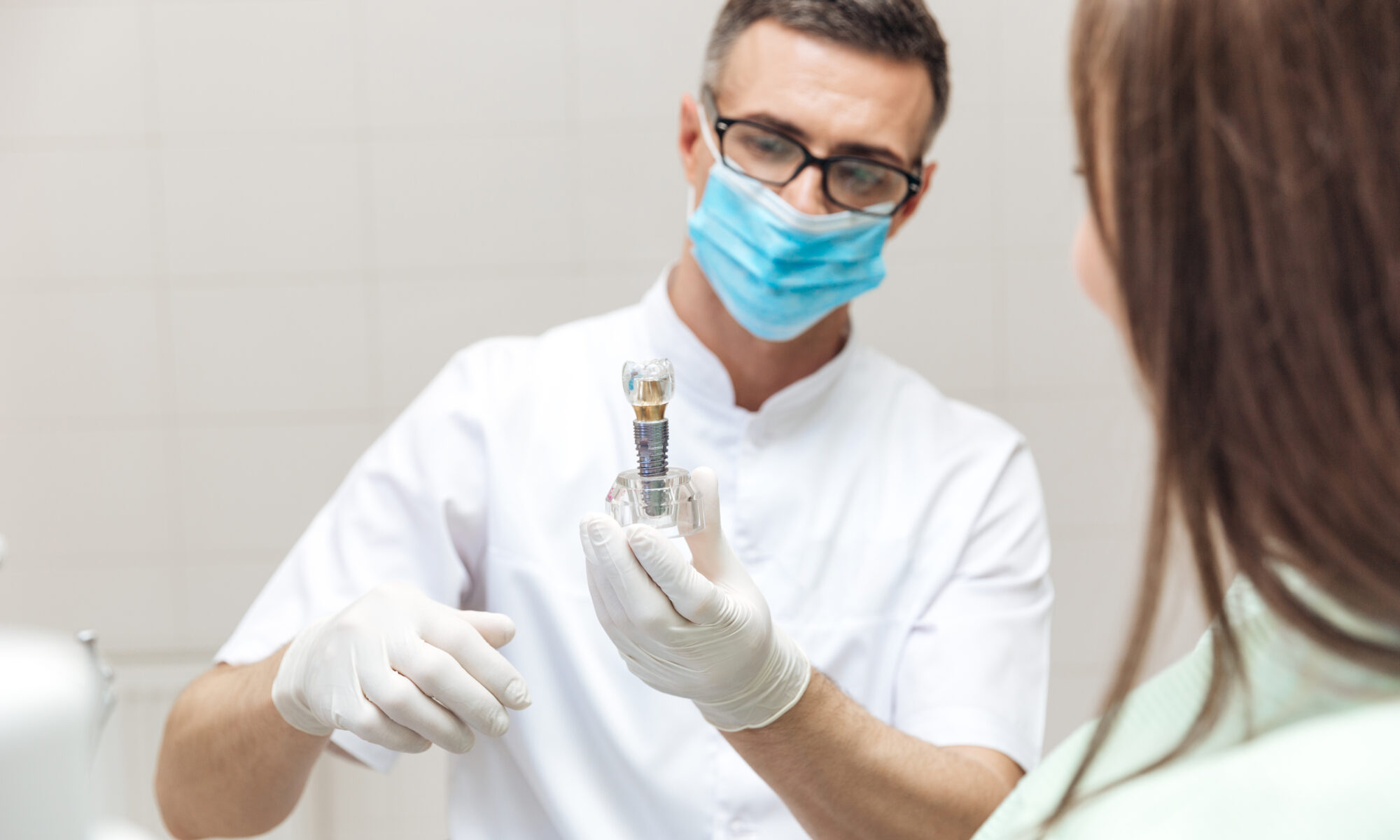Are you concerned about gum disease but hesitant about surgical treatment? You’re not alone. At Downtown Dental Specialty in San Diego, we understand that periodontal surgery might sound intimidating. However, thanks to remarkable technological advances, today’s procedures are more precise, comfortable, and effective than ever before.
Understanding Periodontal Surgery
Modern periodontal surgery has evolved far beyond traditional gum surgery. Today’s procedures address gum disease and focus on preserving natural tooth structure and enhancing smile aesthetics. Our San Diego patients are often surprised to learn that many procedures can be completed with minimal discomfort and shorter recovery times than in years past.
Evolution of Techniques
The journey from conventional periodontal surgery to today’s advanced procedures has been remarkable. Traditional methods often involved extensive cutting and suturing, leading to longer healing times and post-operative discomfort. Modern techniques prioritize:
● Minimally invasive approaches
● Precise tissue manipulation
● Accelerated healing processes
● Enhanced aesthetic outcomes
Technological Marvels in Periodontal Care
At Downtown Dental Specialty, we’ve invested in cutting-edge technology to provide superior periodontal care. Digital imaging now allows us to create detailed 3D maps of your oral structures, enabling unprecedented surgical precision. Laser technology has revolutionized how we treat gum disease, often eliminating the need for scalpels and sutures.
The incorporation of platelet-rich plasma (PRP) therapy helps stimulate natural healing processes, while advanced microsurgical instruments allow us to perform intricate procedures with minimal tissue disruption. These innovations have transformed what’s possible in periodontal treatment.
Patient-Centric Approach
Modern periodontal surgery isn’t just about technical advancement – it’s about enhancing the patient experience. We utilize computer-guided surgery planning to ensure predictable outcomes and shorter procedure times. Local anesthesia techniques have improved significantly, ensuring comfortable treatment sessions.
Our digital scanning technology eliminates the need for uncomfortable traditional impressions. Real-time imaging allows us to share treatment progress with patients, helping you understand each step of your care journey.
The Future Landscape
The field of periodontal surgery continues to evolve rapidly. Emerging technologies like artificial intelligence-assisted treatment planning and bioactive materials show promising potential. These innovations may soon allow for even more predictable outcomes and faster healing times.
Benefits of Advanced Periodontal Surgery
Today’s technological advances offer significant advantages:
● Reduced recovery time
● Minimal post-operative discomfort
● Better preservation of healthy tissue
● More predictable results
● Enhanced aesthetic outcomes
Your Experience at Downtown Dental Specialty
Walking into our San Diego practice, you’ll find an environment where advanced technology meets compassionate care. Our treatment rooms are equipped with high-definition screens that allow you to understand your treatment plan fully. We use digital documentation to track your healing progress and adjust treatment protocols as needed.
Frequently Asked Questions
Q: How long is recovery from modern periodontal surgery?
Most patients return to normal activities within 24-48 hours, though healing continues for several weeks.
Q: Does advanced periodontal surgery hurt?
With modern techniques and anesthesia, most patients report minimal discomfort during and after treatment.
Q: Will insurance cover advanced periodontal procedures?
Many insurance plans cover periodontal surgery. Our team will help you understand your coverage options.
Q: How long do results from periodontal surgery last?
With proper maintenance and regular dental care, results can last many years or even a lifetime.
Q: What makes modern techniques better than traditional surgery?
Modern techniques offer greater precision, faster healing, and more predictable outcomes while minimizing discomfort.
Ready to Experience Advanced Periodontal Care?
Take the first step toward optimal gum health with Downtown Dental Specialty’s advanced periodontal treatments. Contact our Downtown San Diego office today to schedule your consultation and discover how modern periodontal surgery can transform your oral health and your confidence.

